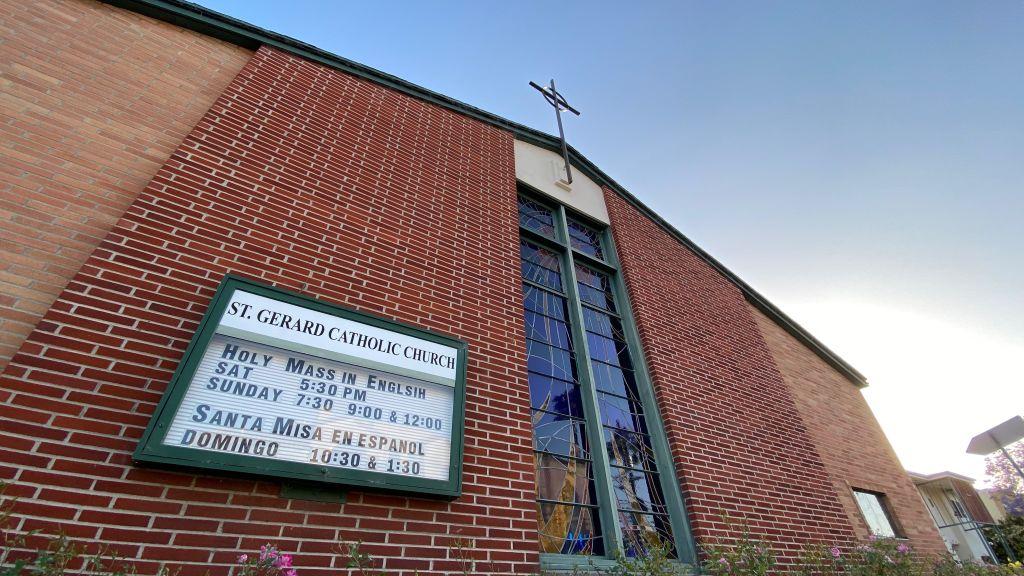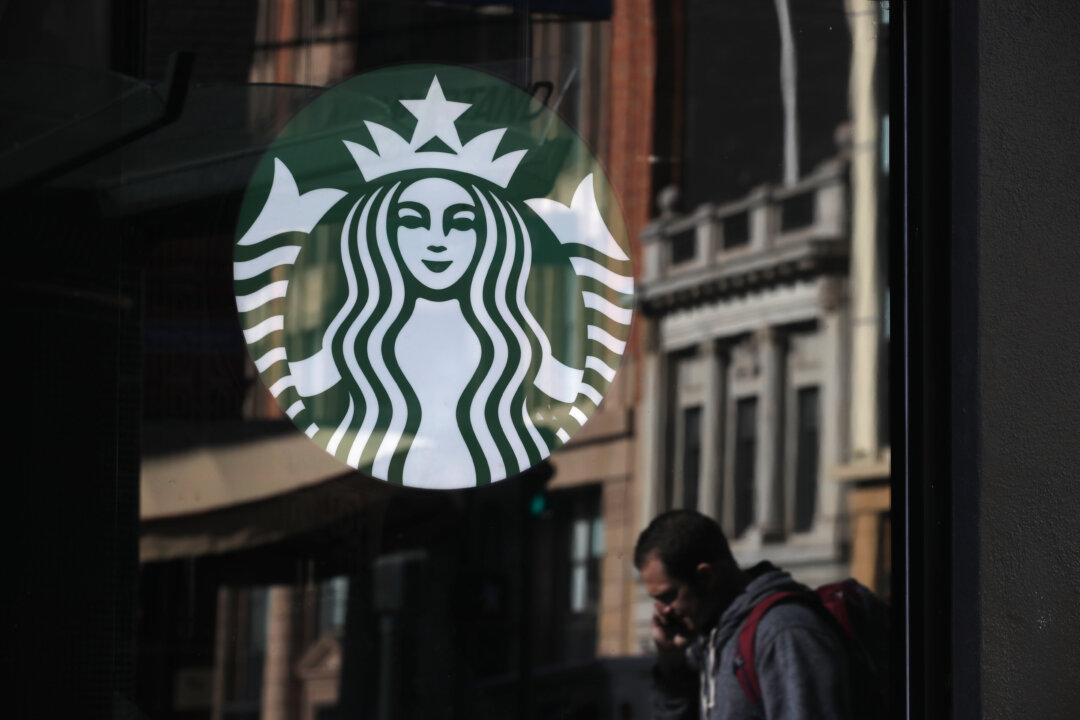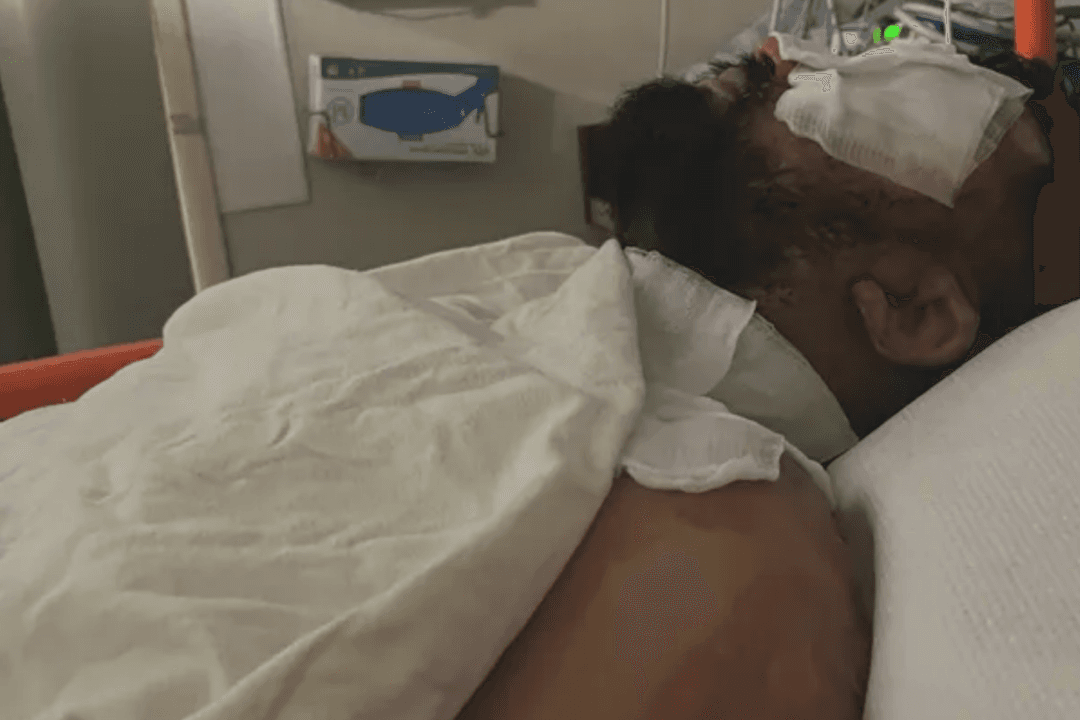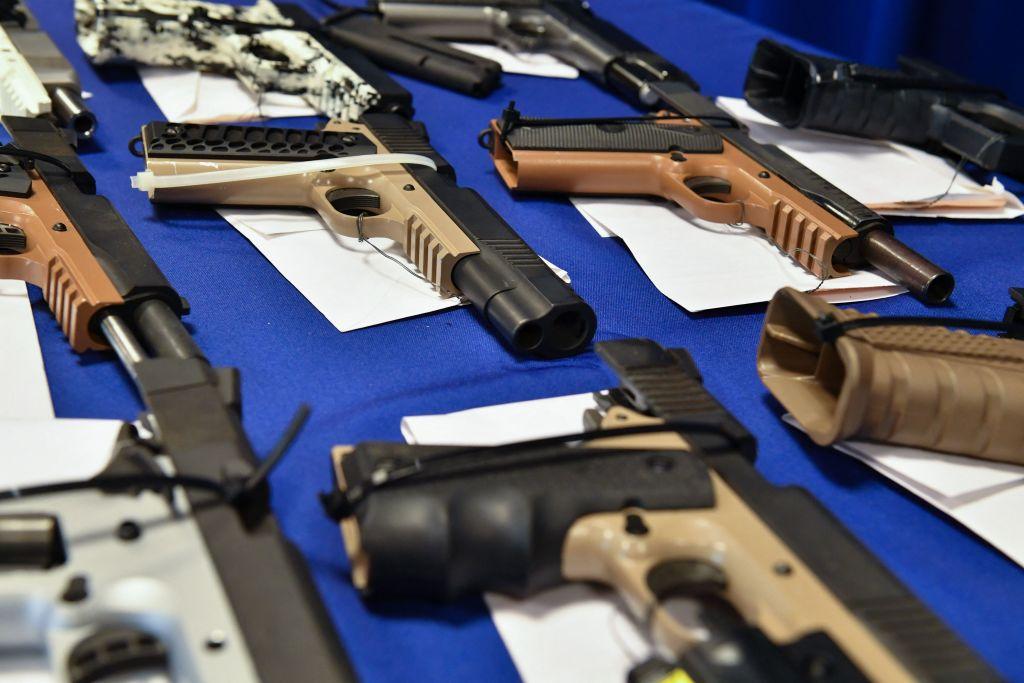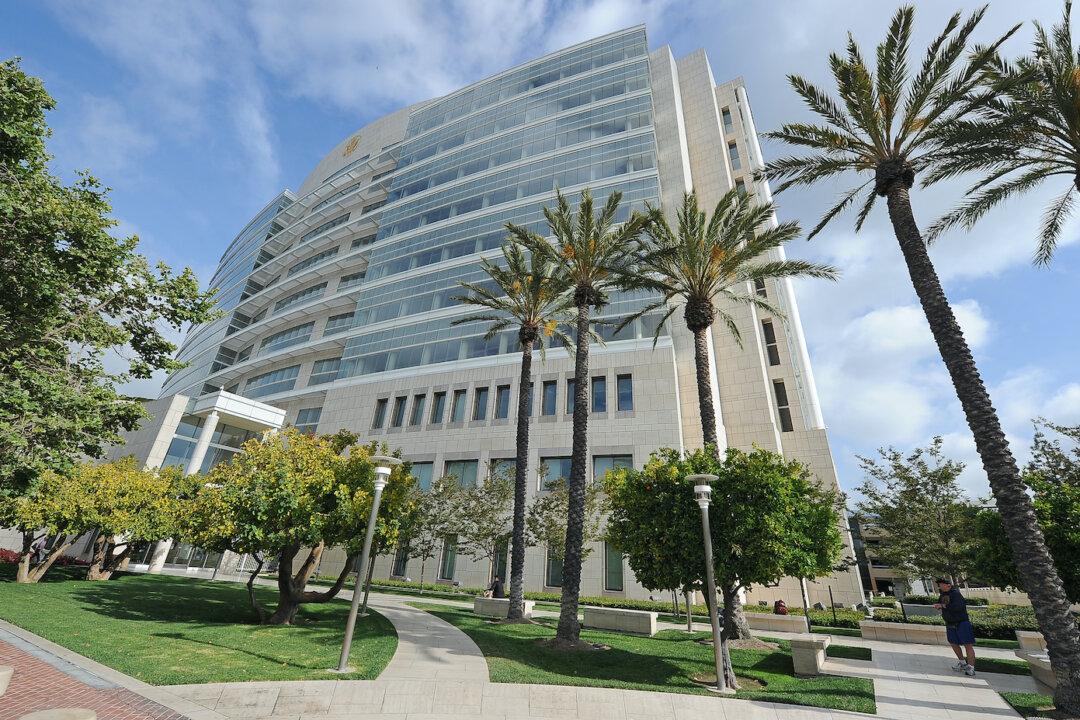Some Catholic Churches and pregnancy help centers in California are preparing for possible violent attacks in the wake of the Supreme Court’s ruling to overturn Roe v. Wade—after being warned by the federal government about recent credible threats from a radical group.
The Diocese of Stockton sent an urgent memo on June 23 to warn its clergymen, parish, and pastoral staff that Jesse Rangel—an agent of the U.S. Department of Homeland Security—told them “a manifesto has been found by federal law enforcement officials, of an extremist group calling for a ‘Night of Rage’ beginning at 8pm” on the day of the ruling.
